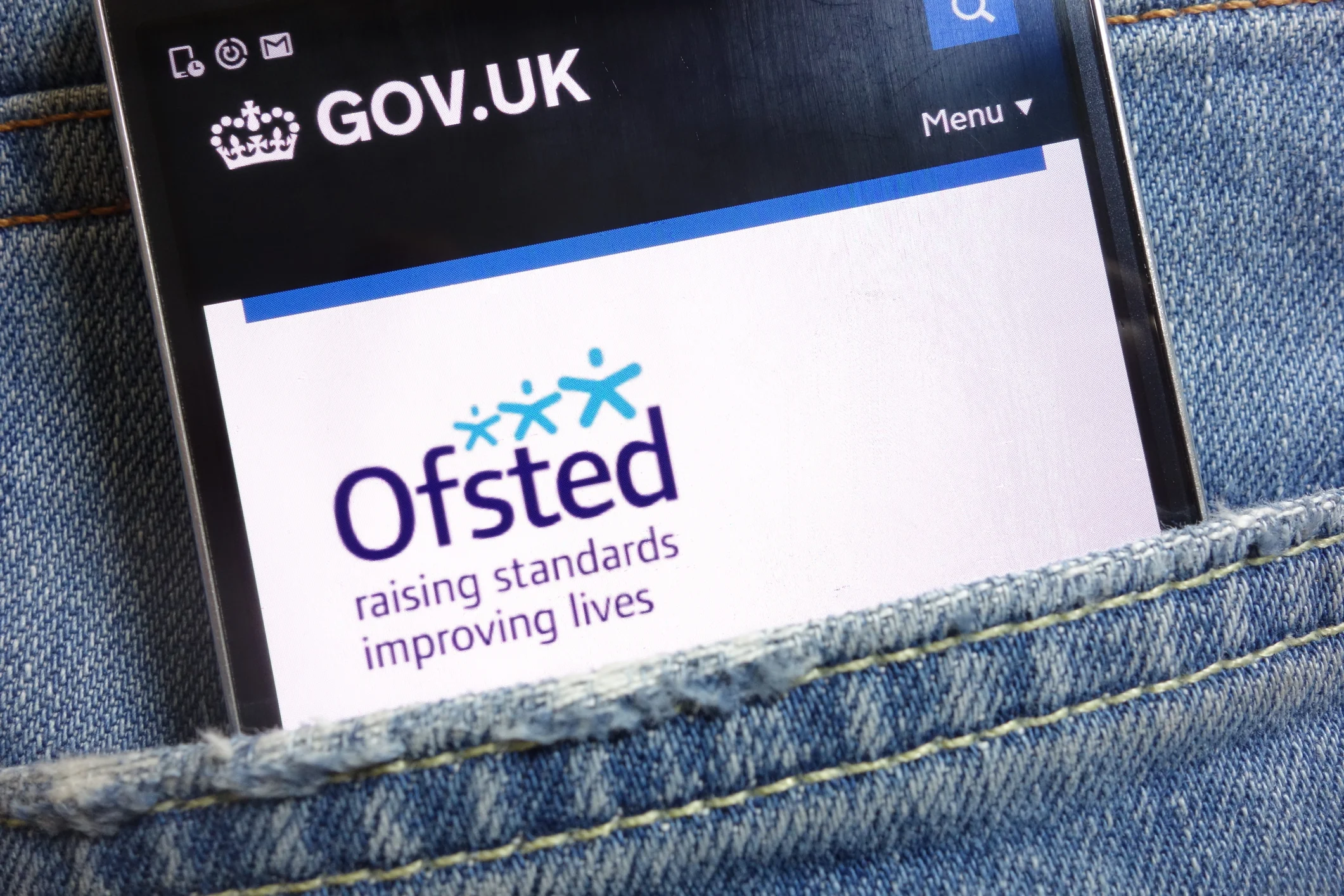![]()
In the realm of education, the mere mention of Ofsted triggers a wave of fear, apprehension, and sleepless nights. Even after a rewarding career, the looming specter of an inspection would turn me into a nervous wreck. All plans for the upcoming days would be scrapped, replaced by endless hours of lesson plan revision, and restless nights spent rehearsing lessons and worrying about every potential pitfall: the unruly student, a malfunctioning whiteboard, an inadequate explanation, an unchallenging lesson, insufficient differentiation…the list goes on.
On the day of the inspection, bleary-eyed and sleep-deprived, what would normally be an inspiring and engaging lesson would feel more like a high-stakes performance. It’s almost impossible to be fully present for your students when one eye is constantly checking the inspector scribbling notes at the back of the classroom. And is the judgement based on a single lesson truly reflective of the overall quality of teaching?
Ben Newmark, in his article “Why are teachers so scared of Ofsted?”, aptly compares this fear to that of ‘He Who Shall Not be Named’ in Harry Potter. The dread surrounding inspections arises from their unpredictability, unreliability, lack of transparency, and the threat of a negative judgement. The relationship between Ofsted and the education sector is strained, to say the least, and for trust to be rebuilt, a comprehensive overhaul of the inspection process is needed.
In this article, we will discuss some of the key proposals and their potential impact on teachers.
The new proposal includes a color-coded 5-point grading scale (ranging from ‘exemplary’ to ‘causing concern’) with brief summaries of findings to evaluate practice across eight areas, including a separate evaluation of safeguarding standards. This aims to present a “fairer” and “more proportionate” picture, recognizing the complex nature of a school’s performance. The absence of a single headline grade will allow schools to highlight their strengths in areas where they excel.
However, is this new proposal not akin to rearranging the deckchairs on the Titanic? Schools will still face the stress of a one or two-day visit, and their performance will be judged, graded, and ranked. Changing the framework without addressing the underlying issues is merely papering over the cracks. Will a more detailed and complex system necessarily equate to increased accuracy and a fairer inspection? I think not. Yes, the report cards may provide a clearer picture of a school’s performance for parents, but will the emotional impact on teachers be reduced? Or will the workload and administrative burden for teachers simply be increased?
Moreover, the introduction of multiple, detailed toolkits could add layers of complexity to an already failing system. This increases the potential for misinterpretation, leading to confusion or misinformed judgments about a school’s performance. Frank Norris, a former HMI (His Majesty’s Inspector), states that the “draft grade descriptors look as though they have been cobbled together with insufficient consideration of how they will play out during inspections.”
Additionally, we cannot ignore the resource-intensive nature of these toolkits and the additional burden they will place on education providers. Schools may feel overwhelmed by the sheer volume of information and expectations, with the increased pressure potentially leading to stress and a focus on compliance over genuine improvement.
What’s more, the risk of inconsistencies still remains, as inspectors may interpret the criteria differently.
The proposal to transition to full graded inspections for all schools raises several concerns among educators, including heightened pressure on school leaders and staff, and an increased workload for an already disillusioned workforce. Full inspections are resource-intensive, disrupt normal school operations, and risk prioritizing box-ticking over meaningful progress.
Schools must identify strategies to manage the stress and workload associated with inspections. This could involve developing robust lesson plans, fostering a supportive work environment, and advocating for fair and transparent inspection processes. Ultimately, the focus should be on improving the quality of education rather than on passing inspections.




